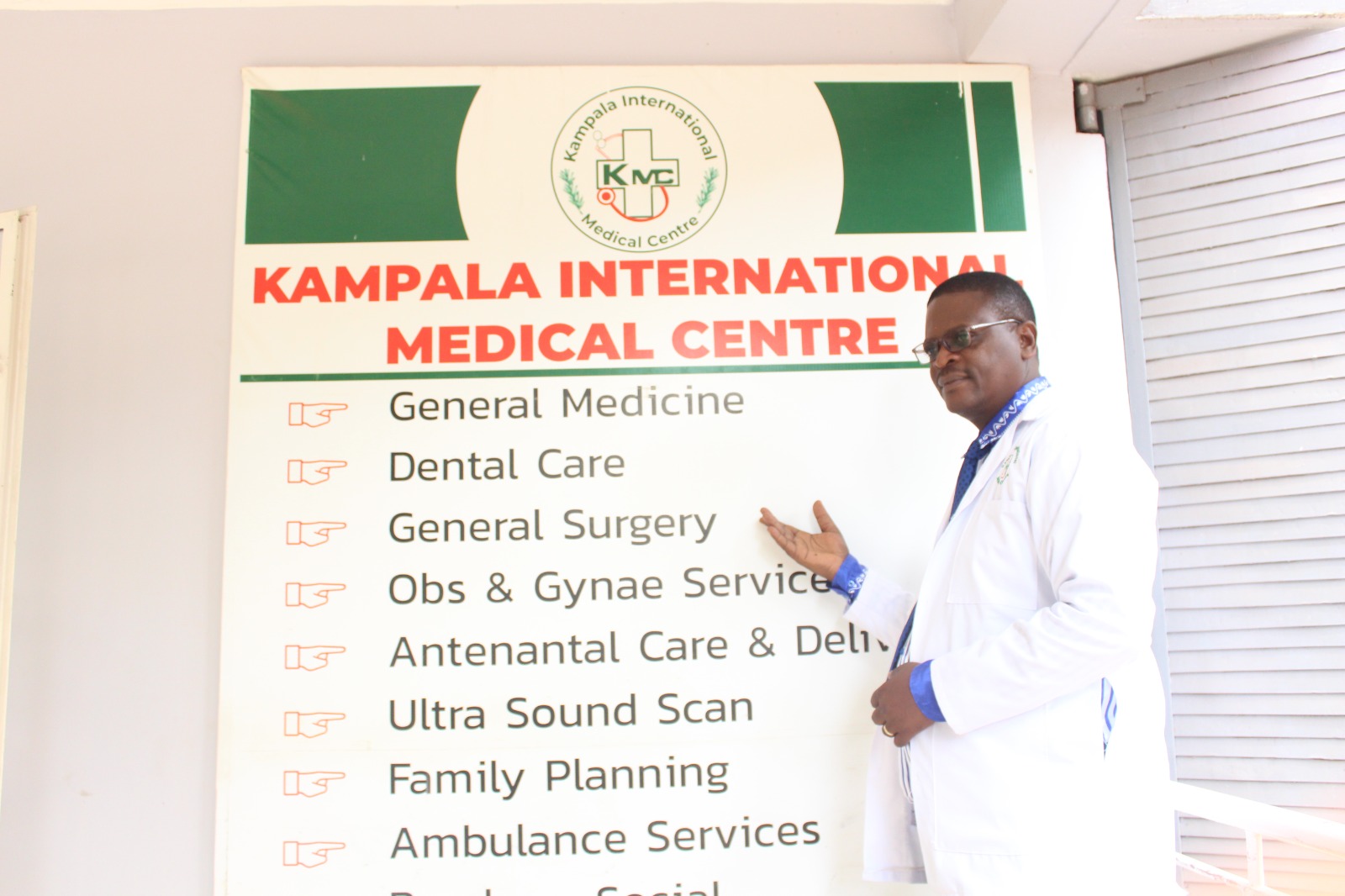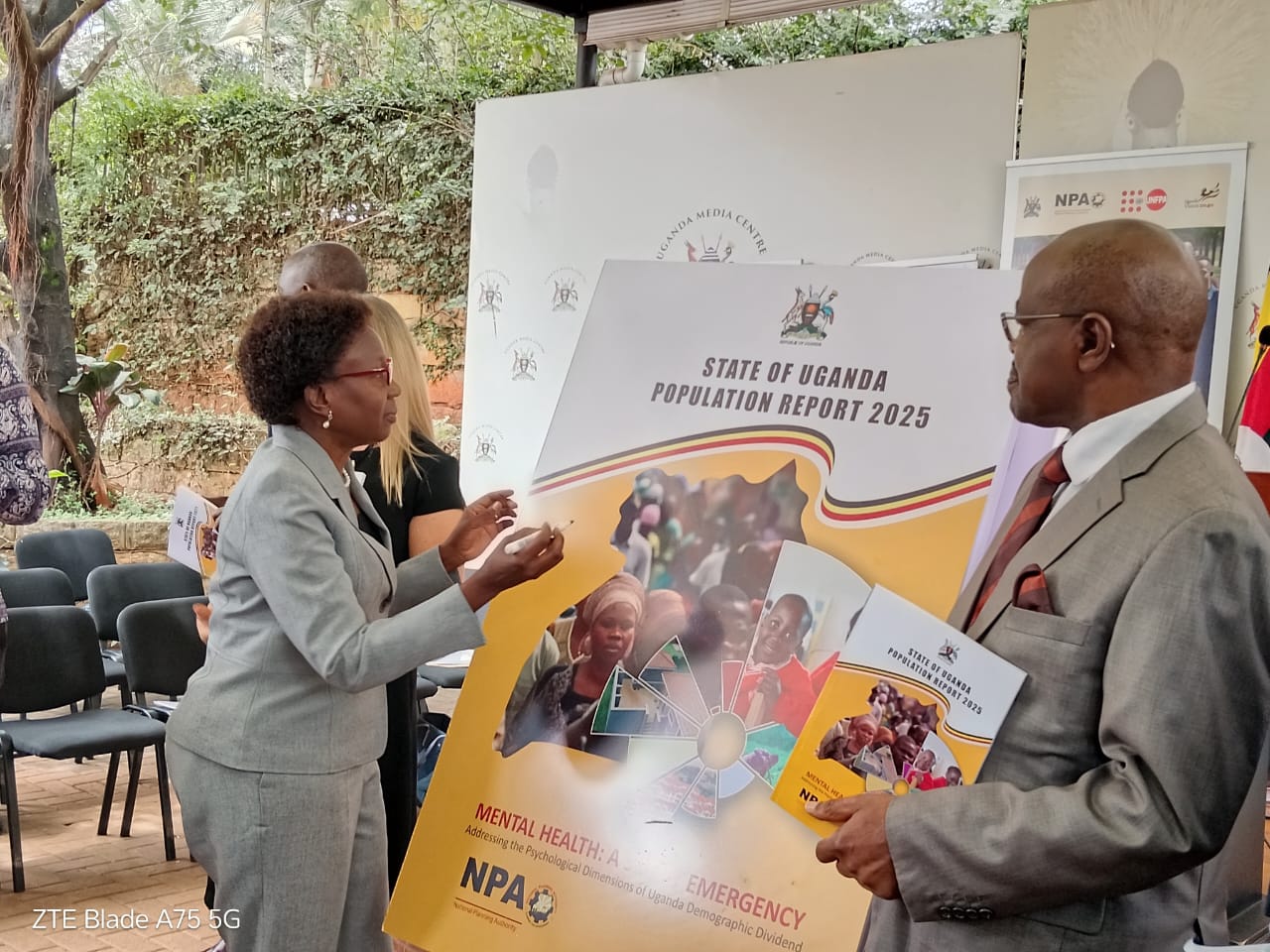Dr. Sabrina Bakeera-Kitaka, a senior lecturer at the College of Health Sciences, Makerere University, has called on the government to allocate more funding to pediatric and child health programmes.
Speaking to Bbeg Media, Dr. Kitaka emphasized the need for increased investment to address pressing health challenges.
“Our children continue to face significant threats from bacterial and viral infections. The government must prioritize funding to support research, collaboration, and the training of pediatric specialists to tackle a range of medical conditions affecting children and adolescents,” she said.
Dr. Kitaka, was recently honoured in New York, USA, with the Majid Sadigh Award for her contributions to improving adolescent health and well-being in Uganda and beyond.
She commended the government’s efforts in disease prevention and healthcare programs, particularly the increased immunization coverage for the six killer diseases, including measles and polio, and the recent breakthrough in the malaria vaccine. However, she noted that more work is needed to meet the World Health Organization’s (WHO) targets.
She urged parents and guardians to take preventive measures, including handwashing, HIV testing, counseling, early screening, and treatment. She explained that some infections occur at birth, through the birth canal, or in hospitals and communities, with both early- and late-onset risks.
Dr. Kitaka also pointed out the severe impact of malaria, caused by the Plasmodium parasite, which can lead to anemia, cerebral malaria, pneumonia, influenza, and acute diarrhea. These conditions often result in dehydration in infants, which can lead to kidney failure if untreated.
Based on her extensive research, she called on communities to avoid drinking contaminated water, which can cause typhoid, and praised government efforts in developing vaccines for malaria, pneumonia, diphtheria, and HIV/AIDS.
Dr Kitaka also noted the growing adoption of preventive measures such as condom use, testing, counseling, immunization, handwashing, and mask-wearing, which contribute to primary healthcare and the reduction of maternal and infant mortality rates.







